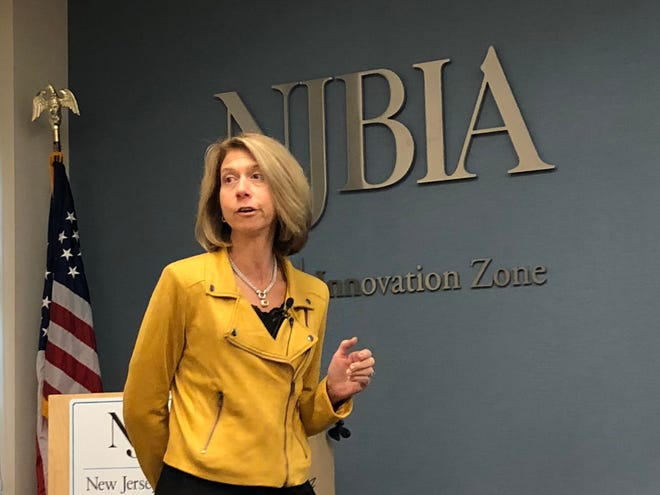New Jersey employers and leaders say they have a bleak outlook for next year and that the state is still not doing enough to address affordability and the cost of doing business.
The New Jersey Association of Business and Industry’s 64th annual survey, released Monday, reported that 75% of employers believe Democrats are not taking action to make the Garden State more affordable, even if it has been on par with tax revenue.
Of the 468 respondents, only 5% said New Jersey’s state leaders, including Gov. Phil Murphy and legislative leaders, all Democrats, are doing enough.
According to the survey, about 46% of businesses said the state was somewhat unavailable, and 36% said it was not available at all.
Most said they were worried about inflation, rising costs and external economic pressures, and projected only modest growth next year. Many were concerned about the regulatory burden next year and had trouble finding staff.
“It was a year that saw historic spending and budget surpluses, but no comprehensive business relief — and our businesses noticed,” association president Michel Sikerka said in a statement accompanying the study.
For months, Murphy has been touting his administration progress in accessibilitysince his close call in his re-election last fall.
A recent increase in credit were regarded as proof that his policy of restoring order in the state paid dividends. The state has provided $850 million in loans, grants and other emergency support to more than 80,000 employers during the pandemic, Murphy spokeswoman Christy Peace said.
And there’s money for manufacturers and the Main Street Revitalization Program, as well as minority-owned businesses, Peace reports.
“The governor understands the challenges facing our business community and values business owners’ input on how the state can help them grow and prosper,” Peace said. “The administration will continue to work with business leaders to find solutions to the challenges facing this community as our state continues to recover from the effects of the COVID-19 pandemic.”
But Sicerka has been critical of ANCHOR’s $2 billion property tax credit program for homeowners and renters because it excludes businesses. And she warned of a total of $1 billion in tax increases still in store for businesses to replenish the pandemic-depleted unemployment trust fund.
“It sends a strong signal to companies that they don’t have the support they need in Trenton,” she said.
When it comes to taxes and fees, 83% of respondents said the state is worse than other states, while 74% said New Jersey has the worst control over government spending, as evidenced by a record $50.6 billion state budget.
The report shows that 65% of respondents were significantly affected by the increase in the cost of consumables and materials, and 63% – by the increase in fuel costs. Twenty-nine percent of respondents said they would have to cut staff next year to keep up with inflation, while 35% said they wouldn’t and 36% said they weren’t sure.
“It’s clear that the war in Ukraine, the international economic struggle and inflation in the U.S. will demand more from us in New Jersey,” said Senate Budget Chairman Paul Sarlo, D-Bergen.
He and Assembly Speaker Craig Coughlin, D-Middlesex, suggested Tuesday that they might allow the corporate surcharge to end next year rather than continue it indefinitely as a source of revenue for the state.
